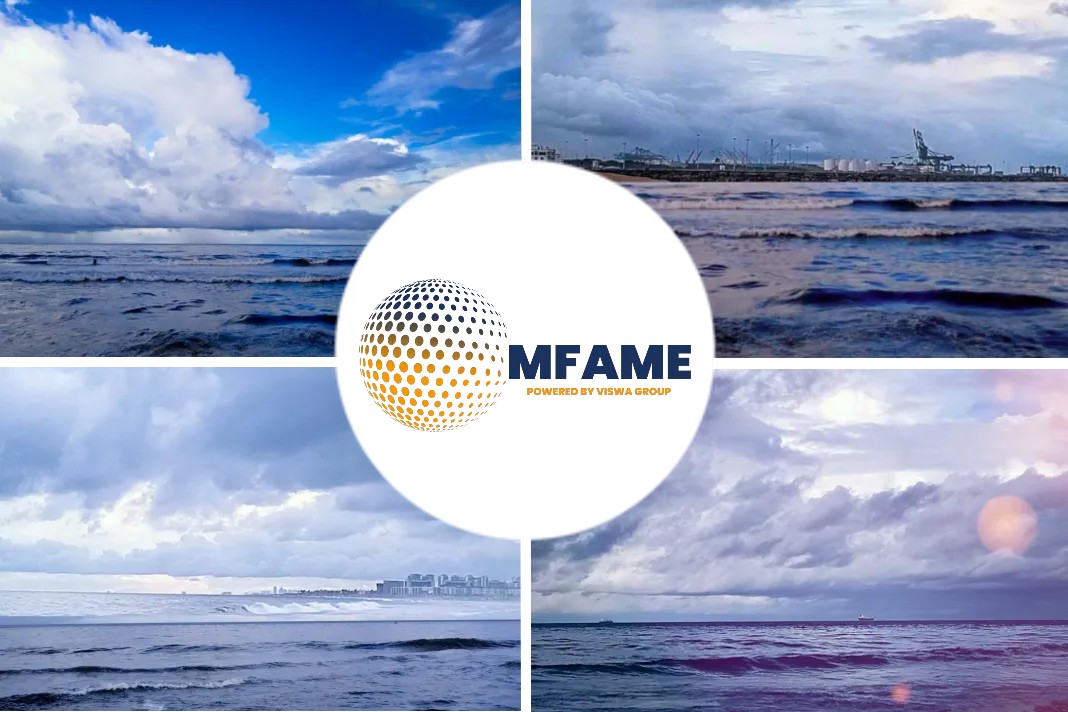
The Maritime and Port Authority of Singapore (MPA), the Port of Rotterdam (PoR) and 20 partners in the Green & Digital Shipping Corridor are working to reduce 20% to 30% of emissions from international shipping by 2030. This was agreed at the third Green Corridor workshop, held this week in Rotterdam.
Achieving Zero Emissions
The Green & Digital Shipping Corridor was established in August 2022 to bring together partners across the supply chain to realize zero and near-zero emissions shipping on the Rotterdam-Singapore route, with the ultimate aim to reach net-zero emissions in 2050. Over the past year, the corridor attracted strong support from global value-chain partners, including shipping lines, port authorities and operators, fuel suppliers, fuel coalitions and associations, banks, leading institutes of higher learning and knowledge partners.
The project partners are working towards reducing GHG emissions from this international shipping corridor by 20%, striving for 30%, by 2030, compared to 2022. The corridor will continue to deepen efforts towards achieving the strengthened ambition of the International Maritime Organization (IMO) under the 2023 IMO Strategy on Reduction of GHG Emissions from Ships. This is to be achieved through the development and uptake of zero and near-zero emission fuels in large container vessels (of at least 8,000 TEU) deployed on the 15,000 km route, supported by a combination of operational and digital efficiencies.
Using New Fuels
Low carbon fuels will likely be more expensive than existing fuels and a separate working group has been formed with the support of the Global Maritime Forum, the Centre for Maritime Studies of the National University of Singapore, University of Oxford, and Citi, to address gaps in regulation and financing. The study includes modeling price-gap differences to incentivise the uptake of alternative fuels. In addition, Singapore and Rotterdam have jointly assessed the readiness of both ports and steps ahead such as adopting similar bunkering standards and safety frameworks to accelerate the adoption of zero and near-zero emission fuels on this major trade route. This was put into action in Q3 2023 with the conduct of ship-to-ship green methanol bunkering on the world’s first methanol-fuelled container ship at both Port of Singapore and Rotterdam.
Digital Trade Lanes
Rotterdam and Singapore are the first ports adopting and sharing port and vessel information such as arrival and departure timings in accordance with global standards, namely the IMO & International Hydrographic Organization (IHO) standards to enable systems interoperability. Both ports are also promoting the use of electronic bills of lading and digital solutions such as just-in-time planning and coordination to enhance efficiencies and reduce GHG emissions.
Did you subscribe to our daily newsletter?
It’s Free! Click here to Subscribe!
Source: MPA















